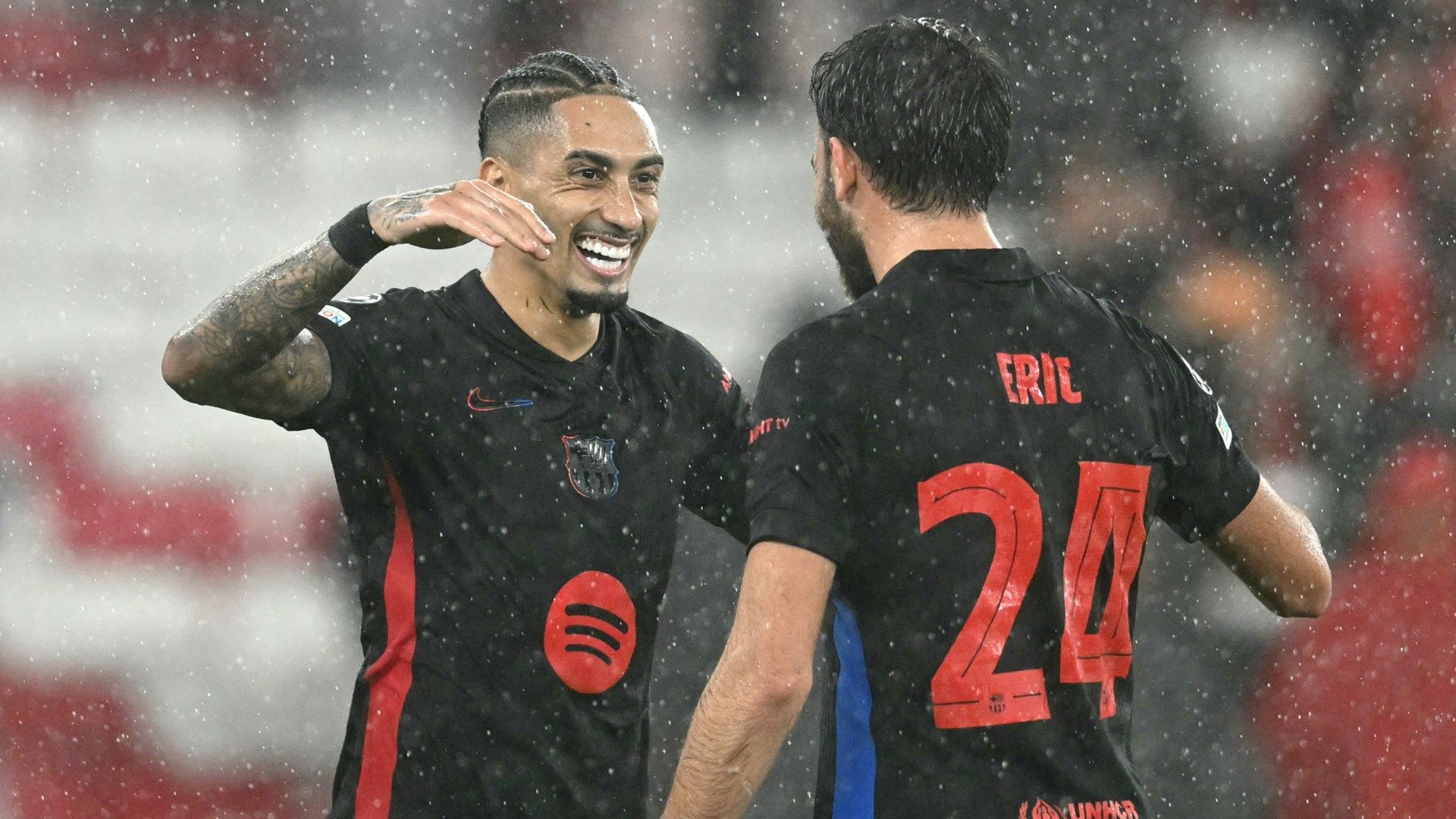Ferreira’s Ultimatum Goes Public: Zamalek Braces for FIFA Spark Amid a Mountain of Debts
15 November 2025

Former Zamalek coach Yanik Ferreira has delivered a formal ultimatum to the club amid escalating financial disputes that could invite FIFA involvement if left unaddressed.
Background and current ultimatum
The club received a notice from Ferreira demanding the full settlement of overdue salaries and warning that failure to comply could trigger formal action with FIFA. An earlier plan for Ferreira to waive three months of his salary in exchange for immediate payment of the remaining arrears had been abandoned by the coach, who now insists on full payment with no deductions.
According to sources cited in the coverage, the board had previously ignored the tentative agreement, prompting Ferreira to reconsider and pursue all outstanding dues in full. This change of position has broad implications, given the scale of liabilities and the potential for international intervention if the matter proceeds to FIFA arbitration.
This development sits atop a already heavy file of financial claims facing the White Knights, complicating a club already navigating administrative hurdles and payroll pressures as it seeks stability in a turbulent period.
Financial disputes, performance questions, and looming deadlines
The financial disputes are not isolated. The club’s inability to reconcile back pay with an agreed compromise allegedly undermined Ferreira’s willingness to maintain a cooperative stance, culminating in a formal termination process and renewed scrutiny of the club’s operational finances.
Statistically, the timing of Ferreira’s departure aligns with a measurable downturn in performance. During his tenure, Zamalek dropped valuable points—14 in total—that could have propelled them to the Egyptian Premier League summit if converted from draws to wins or if a single loss was avoided. This pattern of underutilized opportunities fed into the broader narrative of inefficiency and strategic misalignment within the squad and the transfer market.
In the wake of Ferreira’s exit, the club’s technical staff and recruitment patterns were criticized for their failure to integrate new signings effectively or to strengthen the attacking unit, which has struggled to find cohesion and finishing quality since the season’s start.
A decisive call reportedly came through a direct conversation between vice chairman Hesham Nasser and Ferreira, signaling the formal end of the relationship and expressing gratitude for the period of collaboration.
Urgent claims and the risk of sanctions
Higher-priority claims and settlements loom large, with delays threatening additional penalties, including potential registration bans that would hamper any new signings. One prominent case involves the Tunisian midfielder Ferjani Sassi, where a ruling requires the club to pay a substantial sum—$480,000—plus yearly interest if payment is delayed.
The situation worsens as the club also faces liabilities tied to former coach Jose Gomez and his supporting staff, estimated at around $160,000 payable immediately. The accumulation of such claims highlights the necessity for decisive financial restructuring and more disciplined administration to prevent recurrent sanctions.
Time bombs and new risks
Beyond ongoing judgments, the club faces other “time bombs” that could explode at any moment. AIK Stockholm is reportedly seeking $1 million for the transfer of Omar Faraj, with related dues still outstanding for several other players, including older signings and those who have since departed. Unpaid obligations extend to clubs that supplied players during the summer window, such as Bezera, Chiko Banza, and Abdelhamid Malle, creating a sprawling web of potential disputes that could escalate if not managed promptly.
The ongoing registration freeze compounds the issue, as the absence of a clear financing plan stalls the club’s ability to reinforce the squad for upcoming league and continental campaigns. The board must craft an emergency financial plan to address these urgent cases, including settling the Sassi, Gomez, and Gomez-related liabilities, while negotiating structured settlements to avoid new penalties.
And in the backdrop of all this, Zamalek’s recent history against arch-rivals persists as a stark reminder of the stakes: they lost the Egyptian Super Cup final to Al Ahly 0-2 in the UAE’s Abu Dhabi stadium, a result that underscored the urgency of consolidating financial health with on-pitch performance.
Punchlines
Punchline 1: If patience were a football tactic, Zamalek would need a longer bench and a bigger clock.
Punchline 2: The only thing heavier than this debt list is the club’s trophy cabinet—both are gathering dust at the moment.



.jpg?quality=60&auto=webp&format=pjpg&width=1400)